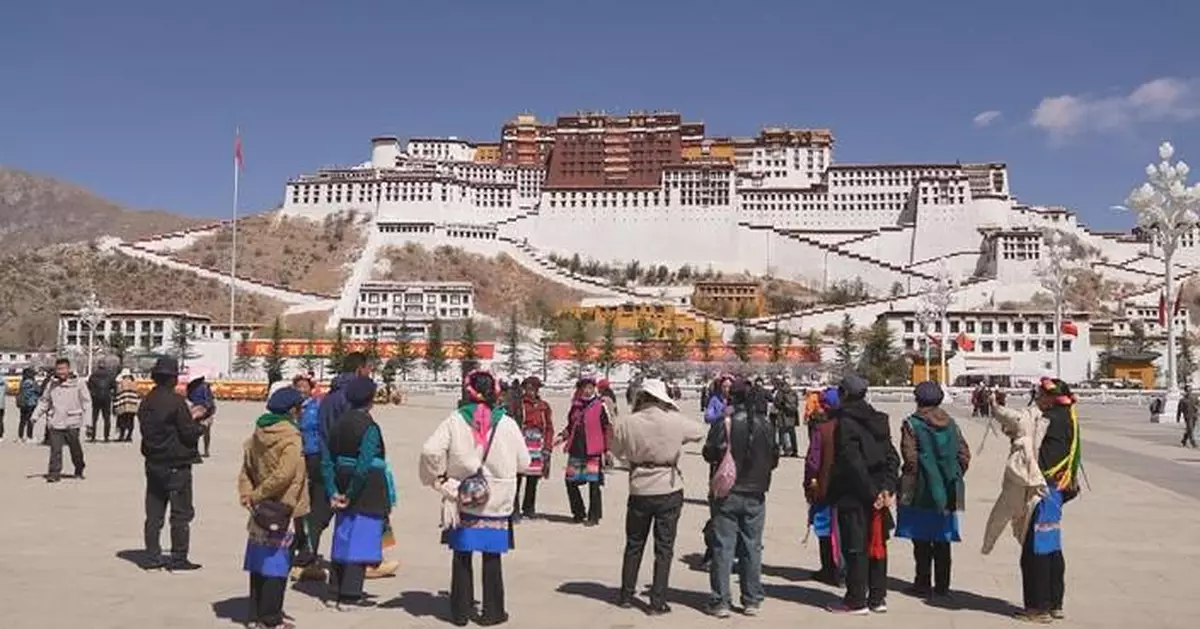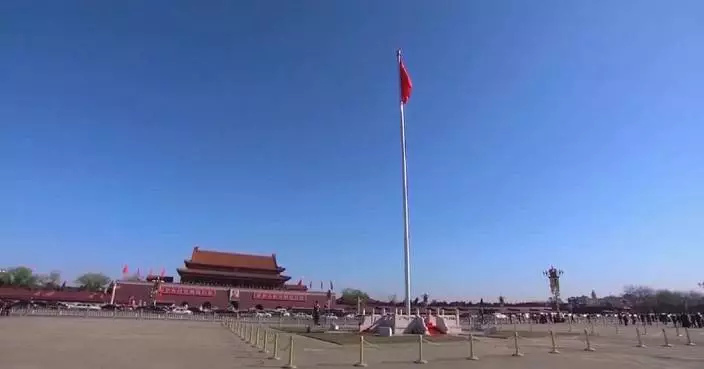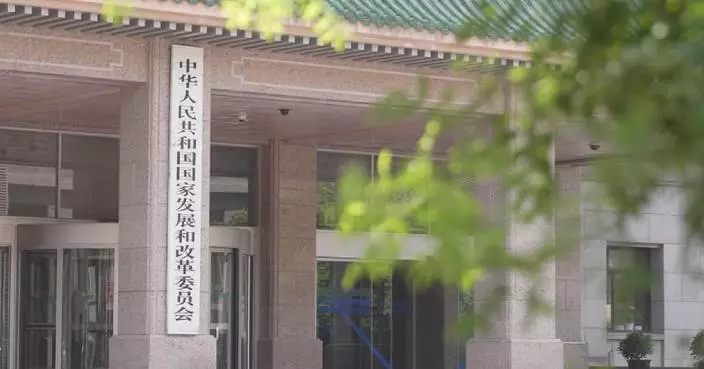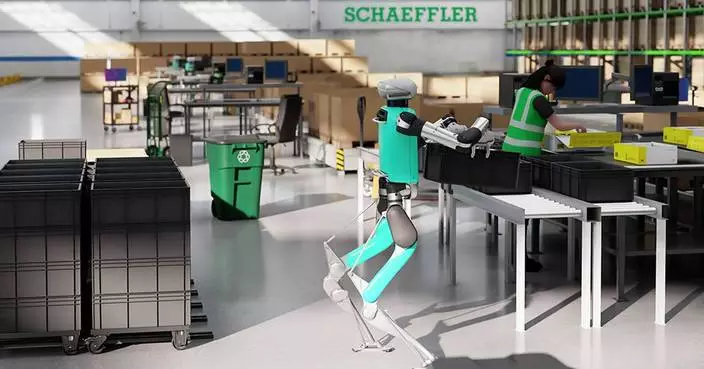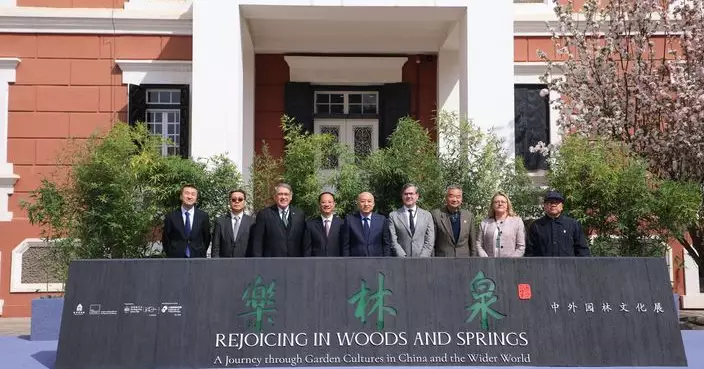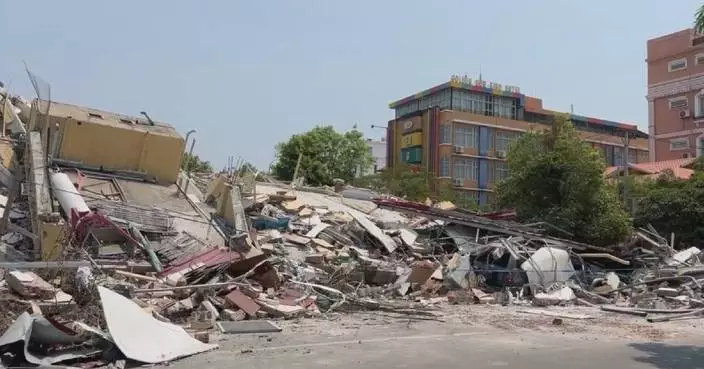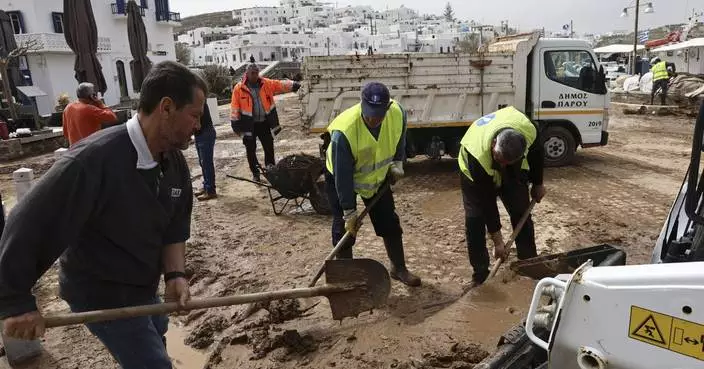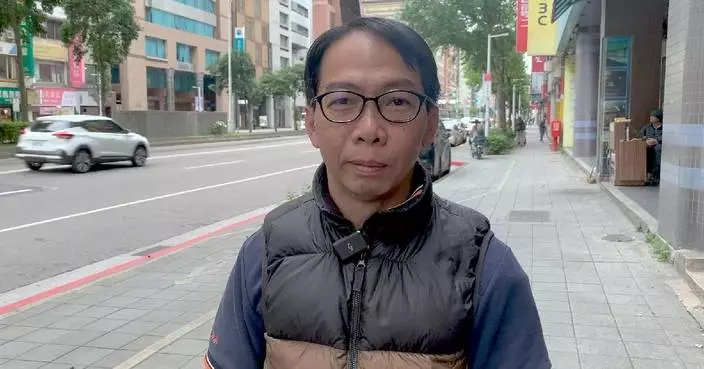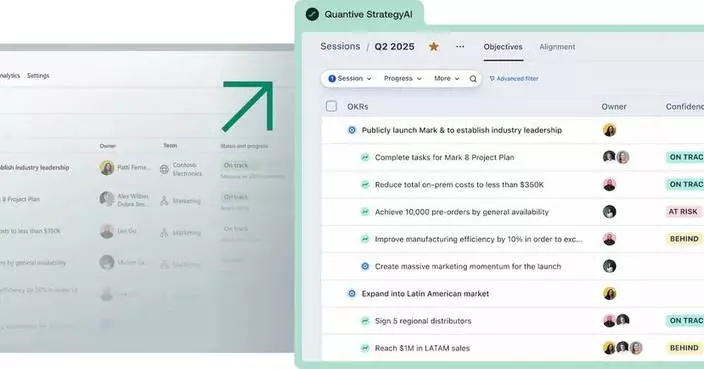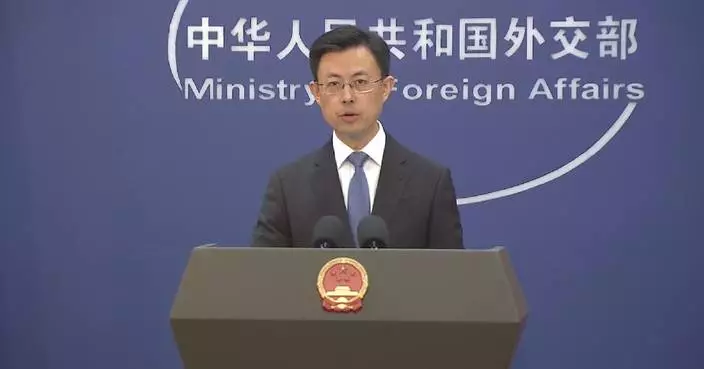Historic progress has been made in the human rights cause in southwest China's Xizang (Tibet) Autonomous Region, with a focus on a people-centered development approach, an official from the region said on Friday.
The State Council Information Office released a white paper titled "Human Rights in Xizang in the New Era" on Friday. The document includes eight in-depth reports detailing progress in human rights across social, cultural, religious and other sectors. It highlights China's efforts to drive economic growth, improve living standards, promote social harmony, and safeguard fundamental rights in the region.
At a press conference in Lhasa, the capital of Xizang, Gama Cedain, chairman of the people's government of the region, highlighted the significance of the people-centered idea for the remarkable development of human rights in Xizang.
"We've always focused on people-centered development. Significant achievements have been made in securing the rights to life and development for all ethnic groups, including the historic elimination of absolute poverty. People's sense of fulfillment, happiness, and security has continuously improved," the official said.
March 28 marks the 66th anniversary of democratic reform in Xizang, highlighting decades of progress in human rights and development. Reflecting on advancements, particularly since the 18th Communist Party of China (CPC) National Congress in 2012, officials from Xizang emphasized that the Party's leadership has been key to ensuring lasting stability and high-quality development.
Experts also believe the future prospects for the region's human rights are promising.
"Human rights development in Xizang has gone through a process of gradual progress. The level of human rights protection must align with the region's development model, which focuses on a people-centered approach. I believe that in the future, Xizang's human rights will continue to improve at a faster pace," said Zha Luo, deputy director of China Tibetology Research Center.
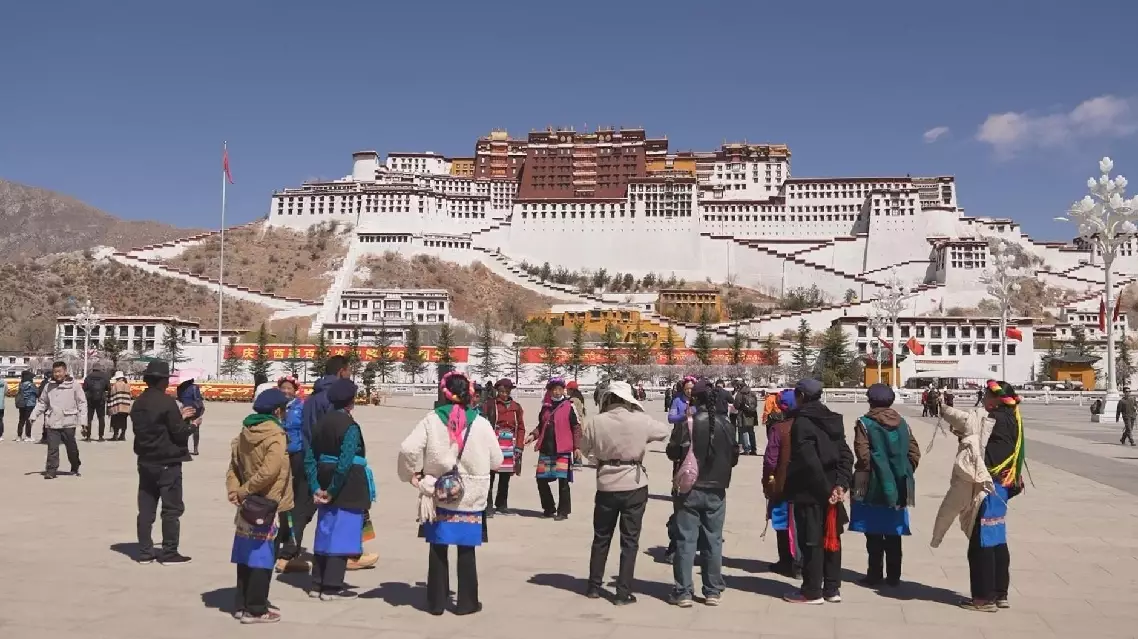
Xizang makes historic human rights progress under people-centered approach: official
Los Angeles is grappling with rising costs and delays in its wildfire recovery process, as tariffs on construction materials imposed during the Trump administration compound the challenges.
The devastating wildfires recently destroyed over 17,000 homes and businesses, leaving communities urgently pushing forward with reconstruction.
The Trump administration has recently rolled out new tariffs on a wide range of construction materials, including steel and aluminum, from the main trading partners of the United States, such as Canada, Mexico, and China. This has significantly driven up costs, further complicating the recovery efforts
"As the city and county of Los Angeles move aggressively to rebuild the wildfire areas in Malibu, Pacific Palisades, and up in Altadena, to build those houses, we need softwood lumber, aluminum, and steel from Canada," said Gene Soroka, executive director of Port of Los Angeles.
While the tariffs aim to boost domestic production, the transition will take time. In the interim, the shortage of materials is creating ripple effects across the construction sector.
"We are still handling a lot of imported steel, despite the tariffs because there's not enough American manufacturing of steel right now. So, one of the unintended consequences that this has done the wrong way is you don't have enough steel. That impacts construction, that impacts economic growth across the board," said Weston Labar, chief strategy office of Waterfront Logistics.
According to the Associated General Contractors of America, housing costs could skyrocket by almost 50 percent, widening the gap between insurance payouts and actual rebuilding expenses. It may force many homeowners to delay or even abandon their reconstruction plans, prolonging the housing shortage in Los Angeles.
Tariffs are also driving up prices for other products, impacting recovery efforts.
"We need appliances from Mexico, furniture from China, and all of those prices are going up, whether anticipatory, or real as these imports are coming across our port complex. So, we've got to have some pretty detailed discussions about this because families who want to rebuild, businesses who want to get back into the office are going to be impacted by these tariffs one way or another," said Soroka.
As Los Angeles strives to recover, the economic uncertainty caused by tariffs presents a formidable obstacle.
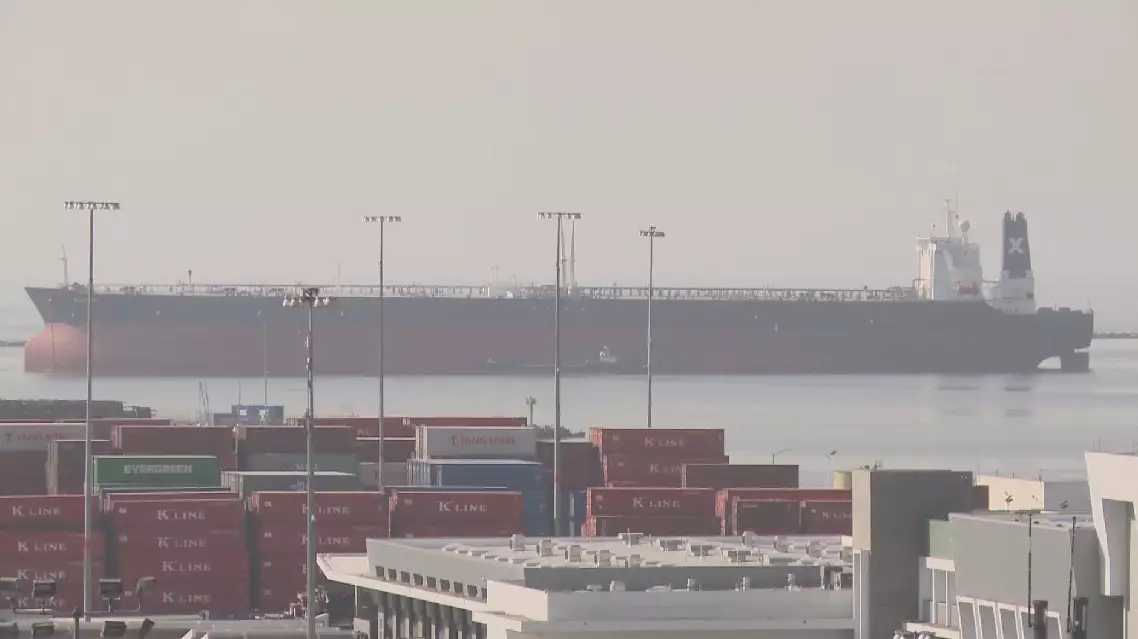
Tariffs add strain to Los Angeles wildfire recovery efforts



